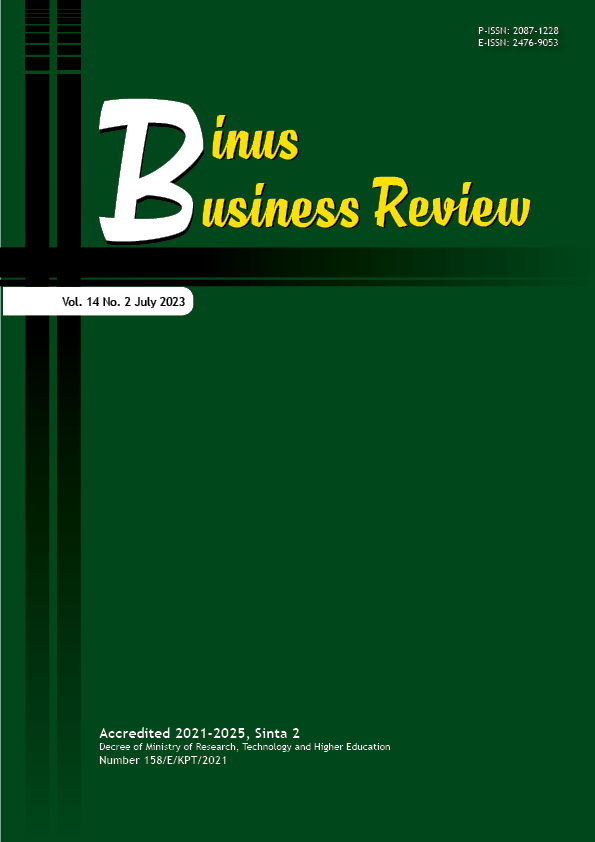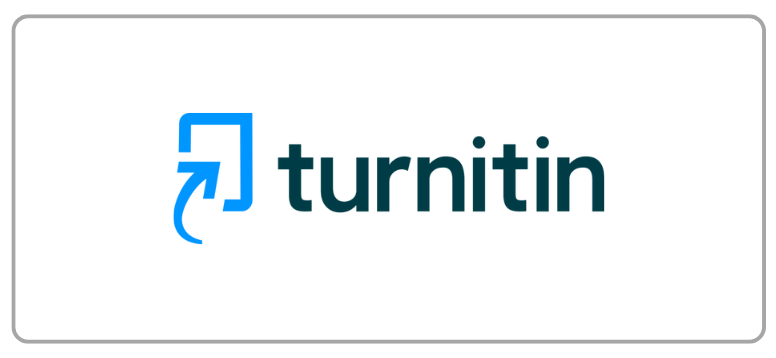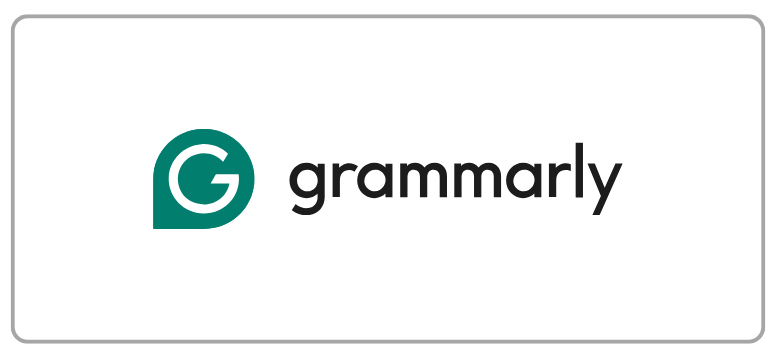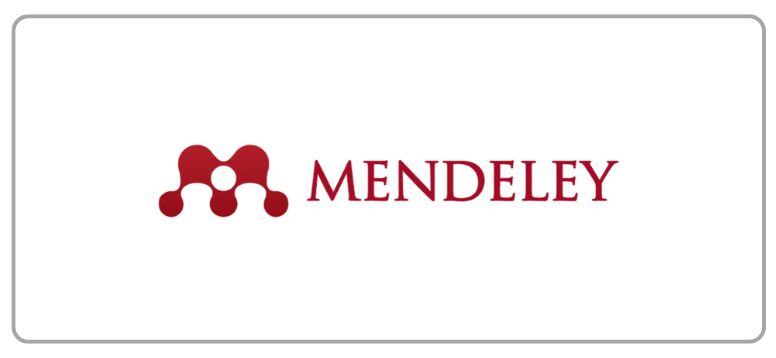Quality, Knowledge, and Innovation: A Systematic Literature Search and Bibliometric Analysis
DOI:
https://doi.org/10.21512/bbr.v14i2.9108Keywords:
quality subjects, knowledge subjects, innovation subjects, systematic literature search, bibliometric analysisAbstract
Innovation is closely associated with quality and Knowledge Management (KM). However, there still needs to be more consensus on the nature of the relationship. Therefore, it is an opportunity to contribute further to the literature on innovation management studies. The research mapped research developments in quality subjects, knowledge, and innovation subjects from Scopus Database in an integrative and comprehensive manner using Microsoft Excel, Mendeley, and VOSviewer to conduct a bibliometric analysis. With PRISMA Flow Diagram in carrying out a systematic search, the research managed to capture 140 research articles on related topics published between 2002 and 2022. Through a systematic search and bibliometric analysis, the research identified, described, and characterized the origins, evolution, and intellectual structures of scientific knowledge associated with quality, knowledge, and innovation in management. For the results, the research underlines a lack of systematic efforts to develop a sound theoretical framework of the subject matters. The literature still lacks evidence concerning reference models and critical factors which can contribute to effective and efficient integration of quality, knowledge, and innovation, especially in the management field. At the end of the research, a framework is proposed to broaden the perspective of quality management practices that are not limited to Total Quality Management (TQM). The research result drives future studies to determine reciprocal relationships between TQM and KM and how this affinity can impact innovation.
References
Abbas, J., & Kumari, K. (2023). Examining the relationship between total quality management and knowledge management and their impact on organizational performance: A dimensional analysis. Journal of Economic and Administrative Sciences, 39(2), 426–451. https://doi.org/10.1108/JEAS-03-2021-0046
Alsawafi, A., Lemke, F., & Yang, Y. (2021). The impacts of internal quality management relations on the triple bottom line: A dynamic capability perspective. International Journal of Production Economics, 232(February). https://doi.org/10.1016/j.ijpe.2020.107927
Antunes, M. G., Quirós, J. T., & Justino, M. D. R. F. (2017). The relationship between innovation and total quality management and the innovation effects on organizational performance. International Journal of Quality and Reliability Management, 34(9), 1474–1492. https://doi.org/10.1108/IJQRM-02-2016-0025
Barros, M. V., Salvador, R., Do Prado, G. F., De Francisco, A. C., & Piekarski, C. M. (2021). Circular economy as a driver to sustainable businesses. Cleaner Environmental Systems, 2(June), 1–11. https://doi.org/10.1016/j.cesys.2020.100006
Boston Consulting Group. (2021). Overcoming the innovation readiness gap. Retrieved from https://web-assets.bcg.com/93/a7/7d03fff34baa993929c81f220e72/bcg-most-innovative-companies-2021-apr-2021-r.pdf
Carayannis, E. G. (Ed). (2013). Encyclopedia of creativity, invention, innovation and entrepreneurship. Springer. https://doi.org/10.1007/978-1-4614-3858-8
Carvalho, A. V., Enrique, D. V., Chouchene, A., & Charrua-Santos, F. (2021). Quality 4.0: An overview. Procedia Computer Science, 181, 341–346. https://doi.org/10.1016/j.procs.2021.01.176
Dalgıç, B., & Fazlıoğlu, B. (2021). Innovation and firm growth: Turkish manufacturing and services SMEs. Eurasian Business Review, 11, 395–419. https://doi.org/10.1007/s40821-020-00176-4
Donthu, N., Kumar, S., Mukherjee, D., Pandey, N., & Lim, W. M. (2021). How to conduct a bibliometric analysis: An overview and guidelines. Journal of Business Research, 133(September), 285–296. https://doi.org/10.1016/j.jbusres.2021.04.070
Du Plessis, M. (2007). The role of knowledge management in innovation. Journal of Knowledge Management, 11(4), 20–29. https://doi.org/10.1108/13673270710762684
Duan, Y., Huang, L., Cheng, H., Yang, L., & Ren, T. (2021). The moderating effect of cultural distance on the cross-border knowledge management and innovation quality of multinational corporations. Journal of Knowledge Management, 25(1), 85–116. https://doi.org/10.1108/JKM-11-2019-0656
Escrig-Tena, A. B., Segarra-Ciprés, M., GarcÃa-Juan, B., & Beltrán-MartÃn, I. (2018). The impact of hard and soft quality management and proactive behaviour in determining innovation performance. International Journal of Production Economics, 200(June), 1–14. https://doi.org/10.1016/j.ijpe.2018.03.011
Ferasso, M., & Grenier, C. (2021). Fostering SME’s co-development of innovative projects in biotech clusters: Extending the sets of enablers for the knowledge creation process. Technology in Society, 67(November), 1–11. https://doi.org/10.1016/j.techsoc.2021.101729
Gao, T., Chai, Y., & Liu, Y. (2018). A review of knowledge management about theoretical conception and designing approaches. International Journal of Crowd Science, 2(1), 42–51. https://doi.org/10.1108/IJCS-08-2017-0023
GarcÃa-Fernández, M., Claver-Cortés, E., & TarÃ, J. J. (2022). Relationships between quality management, innovation and performance: A literature systematic review. European Research on Management and Business Economics, 28(1), 1–20. https://doi.org/10.1016/j.iedeen.2021.100172
Gardeazabal, A., Lunt, T., Jahn, M. M., Verhulst, N., Hellin, J., & Govaerts, B. (2023). Knowledge management for innovation in agri-food systems: A conceptual framework. Knowledge Management Research & Practice, 21(2), 303–315. https://doi.org/10.1080/14778238.2021.1884010
Granstrand, O., & Holgersson, M. (2020). Innovation ecosystems: A conceptual review and a new definition. Technovation, 90–91(February–March), 1–12. https://doi.org/10.1016/j.technovation.2019.102098
Gupta, A. K. (2021). Innovation dimensions and firm performance synergy in the emerging market: A perspective from dynamic capability theory & signaling theory. Technology in Society, 64(February), 1–14. https://doi.org/10.1016/j.techsoc.2020.101512
Hassan, N., & Raziq, A. (2019). Effects of knowledge management practices on innovation in SMEs. Management Science Letters, 9, 997–1008. https://doi.org/10.5267/j.msl.2019.4.005
Hermundsdottir, F., & Aspelund, A. (2022). Competitive sustainable manufacturing - Sustainability strategies, environmental and social innovations, and their effects on firm performance. Journal of Cleaner Production, 370(October), 1–11. https://doi.org/10.1016/j.jclepro.2022.133474
Honarpour, A., Jusoh, A., & Long, C. S. (2017). Knowledge management and total quality management: A reciprocal relationship. International Journal of Quality & Reliability Management, 34(1), 91–102. https://doi.org/10.1108/IJQRM-03-2014-0040
Honarpour, A., Jusoh, A., & Md Nor, K. (2018). Total quality management, knowledge management, and innovation: an empirical study in R&D units. Total Quality Management & Business Excellence, 29(7–8), 798–816. https://doi.org/10.1080/14783363.2016.1238760
Hung, R. Y. Y., Lien, B. Y. H., Fang, S. C., & McLean, G. N. (2010). Knowledge as a facilitator for enhancing innovation performance through total quality management. Total Quality Management & Business Excellence, 21(4), 425–438. https://doi.org/10.1080/14783361003606795
Khalfallah, M., Ben Salem, A., Zorgati, H., & Lakhal, L. (2022). Innovation mediating relationship between TQM and performance: Cases of industrial certified companies. The TQM Journal, 34(3), 552–575. https://doi.org/10.1108/TQM-01-2021-0019
Kim, D. Y., Kumar, V., & Kumar, U. (2012). Relationship between quality management practices and innovation. Journal of Operations Management, 30(4), 295–315. https://doi.org/10.1016/j.jom.2012.02.003
Kumar, P., Kansal, J., & Singhal, S. (2014). Quality management system in R&D: A critical literature review. International Journal of Mechanical Engineering and Technology (IJMET), 5(2), 91–100.
Leavengood, S. A., & Anderson, T. R. (2011). Quality + innovation: Adapting quality management practices to achieve innovation performance. Engineered Wood Journal, 25–27.
Li, D., Zhao, Y., Zhang, L., Chen, X., & Cao, C. (2018). Impact of quality management on green innovation. Journal of Cleaner Production, 170, 462–470. https://doi.org/10.1016/j.jclepro.2017.09.158
Li, W., Li, X., & Wu, W. (2022). Knowledge innovation mechanism based on linkages between core knowledge and periphery knowledge: The case of R&D cooperation between latecomers and forerunners. Complexity, 2022, 1–13. https://doi.org/10.1155/2022/8417784
Mardani, A., Nikoosokhan, S., Moradi, M., & Doustar, M. (2018). The relationship between knowledge management and innovation performance. The Journal of High Technology Management Research, 29(1), 12–26. https://doi.org/10.1016/j.hitech.2018.04.002
Mendoza-Silva, A. (2021). Innovation capability: A systematic literature review. European Journal of Innovation Management, 24(3), 707–734. https://doi.org/10.1108/EJIM-09-2019-0263
Moher, D., Liberati, A., Tetzlaff, J., Altman, D. G., Altman, D., Antes, G., ... & Tugwell, P. (2009). Preferred reporting items for systematic reviews and meta-analyses: The PRISMA statement. PLoS Medicine, 6(7). https://doi.org/10.1371/journal.pmed.1000097
Nguyen, M. H., Phan, A. C., & Matsui, Y. (2018). Contribution of quality management practices to sustainability performance of Vietnamese firms. Sustainability, 10(2), 1–31. https://doi.org/10.3390/su10020375
Ong, E. C., & Tan, C. L. (2022). Soft TQM, agility, and knowledge management deliver organizational performance: A study of Malaysian manufacturing organizations in the electrical and electronics sector. Global Business and Organizational Excellence, 41(4), 28–47. https://doi.org/10.1002/joe.22155
Psarommatis, F., Sousa, J., Mendonça, J. P., & Kiritsis, D. (2022). Zero-defect manufacturing the approach for higher manufacturing sustainability in the era of industry 4.0: A position paper. International Journal of Production Research, 60(1), 73–91. https://doi.org/10.1080/00207543.2021.1987551
Rasool, F., Koomsap, P., Afsar, B., & Panezai, B. A. (2018). A framework for disruptive innovation. Foresight, 20(3), 252–270. https://doi.org/10.1108/FS-10-2017-0057
Samaha, H. E. (1996). Total quality management: A barrier to innovation. PM Network, 10(2), 23–24.
Schilling, M. A., & Shankar, R. (2019). Strategic management of technological innovation. McGraw Hill.
Schniederjans, D., & Schniederjans, M. (2015). Quality management and innovation: New insights on a structural contingency framework. International Journal of Quality Innovation, 1, 1–20. https://doi.org/10.1186/s40887-015-0004-8
Sciarelli, M., Gheith, M. H., & Tani, M. (2020). The relationship between soft and hard quality management practices, innovation and organizational performance in higher education. The TQM Journal, 32(6), 1349–1372. https://doi.org/10.1108/TQM-01-2020-0014
Singh, S. K., Del Giudice, M., Chiappetta Jabbour, C. J., Latan, H., & Sohal, A. S. (2022). Stakeholder pressure, green innovation, and performance in small and medium-sized enterprises: The role of green dynamic capabilities. Business Strategy and the Environment, 31(1), 500–514. https://doi.org/10.1002/bse.2906
Thai Hoang, D., Igel, B., & Laosirihongthong, T. (2006). The impact of total quality management on innovation: Findings from a developing country. International Journal of Quality & Reliability Management, 23(9), 1092–1117. https://doi.org/10.1108/02656710610704230
Tidd, J., & Bessant, J. R. (2020). Managing innovation: Integrating technological, market and organizational change. John Wiley & Sons.
Tran, H. T., Santarelli, E., & Wei, W. X. (2020). Open innovation knowledge management in transition to market economy: Integrating dynamic capability and institutional theory. Economics of Innovation and New Technology, 31(7), 575–603. https://doi.org/10.1080/10438599.2020.1841942
Vasic, S., Zizakov, M., Delic, M., Cuckovic, D., & Cosic, I. (2022). Quality management and innovation performance: A short literature review. In Proceedings on 18th International Conference on Industrial Systems–IS’20: Industrial Innovation in Digital Age (pp. 1–8). Springer International Publishing.
Wang, Z., Cai, S., Liang, H., Wang, N., & Xiang, E. (2018). Intellectual capital and firm performance: The mediating role of innovation speed and quality. The International Journal of Human Resource Management, 32(6), 1222–1250. https://doi.org/10.1080/09585192.2018.1511611
Yadav, D. K., Pant, M., & Seth, N. (2020). Analysing enablers of knowledge management in improving logistics capabilities of Indian organisations: A TISM approach. Journal of Knowledge Management, 24(7), 1559–1584. https://doi.org/10.1108/JKM-10-2019-0535
Ye, C. (2018). Bibliometrical analysis of international big data research: Based on Citespace and VOSviewer. In 2018 14th International Conference on Natural Computation, Fuzzy Systems and Knowledge Discovery (ICNC-FSKD) (pp. 927–932). https://doi.org/10.1109/FSKD.2018.8687153
Zhang, B., Comite, U., Yucel, A. G., Liu, X., Khan, M. A., Husain, S., ... & Oláh, J. (2021). Unleashing the importance of TQM and knowledge management for organizational sustainability in the age of circular economy. Sustainability, 13(20), 1–18. https://doi.org/10.3390/su132011514
Zhao, Q., Li, Z., & Yu, Y. (2021). Does top management quality promote innovation? Firm-level evidence from China. China Economic Review, 65(February). https://doi.org/10.1016/j.chieco.2020.101562
Zupic, I., & Čater, T. (2015). Bibliometric methods in management and organization. Organizational Research Methods, 18(3), 429–472. https://doi.org/10.1177/1094428114562629
Downloads
Published
How to Cite
Issue
Section
License
Copyright (c) 2023 Wakhid Slamet Ciptono, Tria Putri Noviasari

This work is licensed under a Creative Commons Attribution-ShareAlike 4.0 International License.
Authors who publish with this journal agree to the following terms:
a. Authors retain copyright and grant the journal right of first publication with the work simultaneously licensed under a Creative Commons Attribution License - Share Alike that allows others to share the work with an acknowledgment of the work's authorship and initial publication in this journal.
b. Authors are able to enter into separate, additional contractual arrangements for the non-exclusive distribution of the journal's published version of the work (e.g., post it to an institutional repository or publish it in a book), with an acknowledgment of its initial publication in this journal.
c. Authors are permitted and encouraged to post their work online (e.g., in institutional repositories or on their website) prior to and during the submission process, as it can lead to productive exchanges, as well as earlier and greater citation of published work.
USER RIGHTS
All articles published Open Access will be immediately and permanently free for everyone to read and download. We are continuously working with our author communities to select the best choice of license options, currently being defined for this journal as follows: Creative Commons Attribution-Share Alike (CC BY-SA)





















